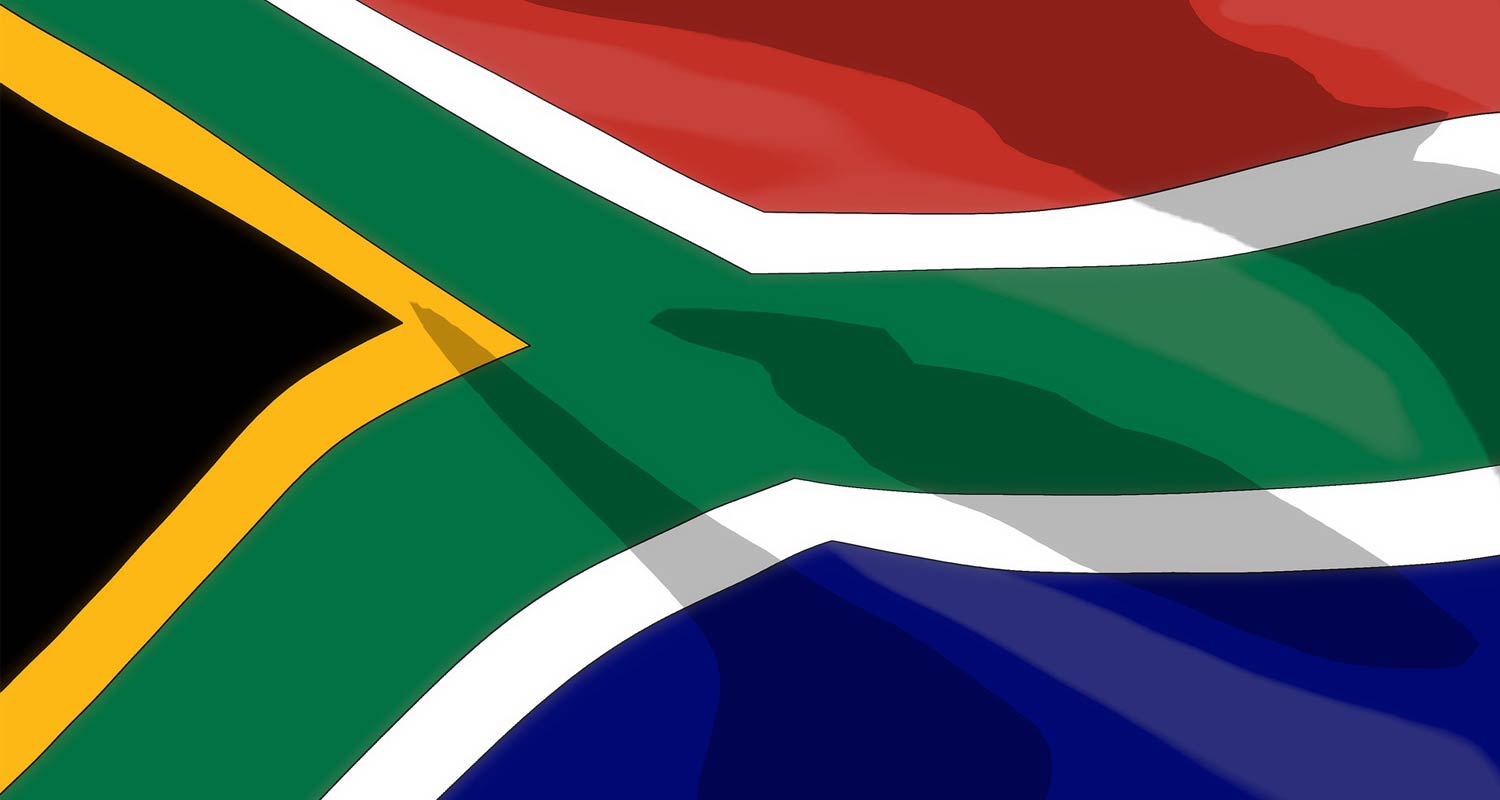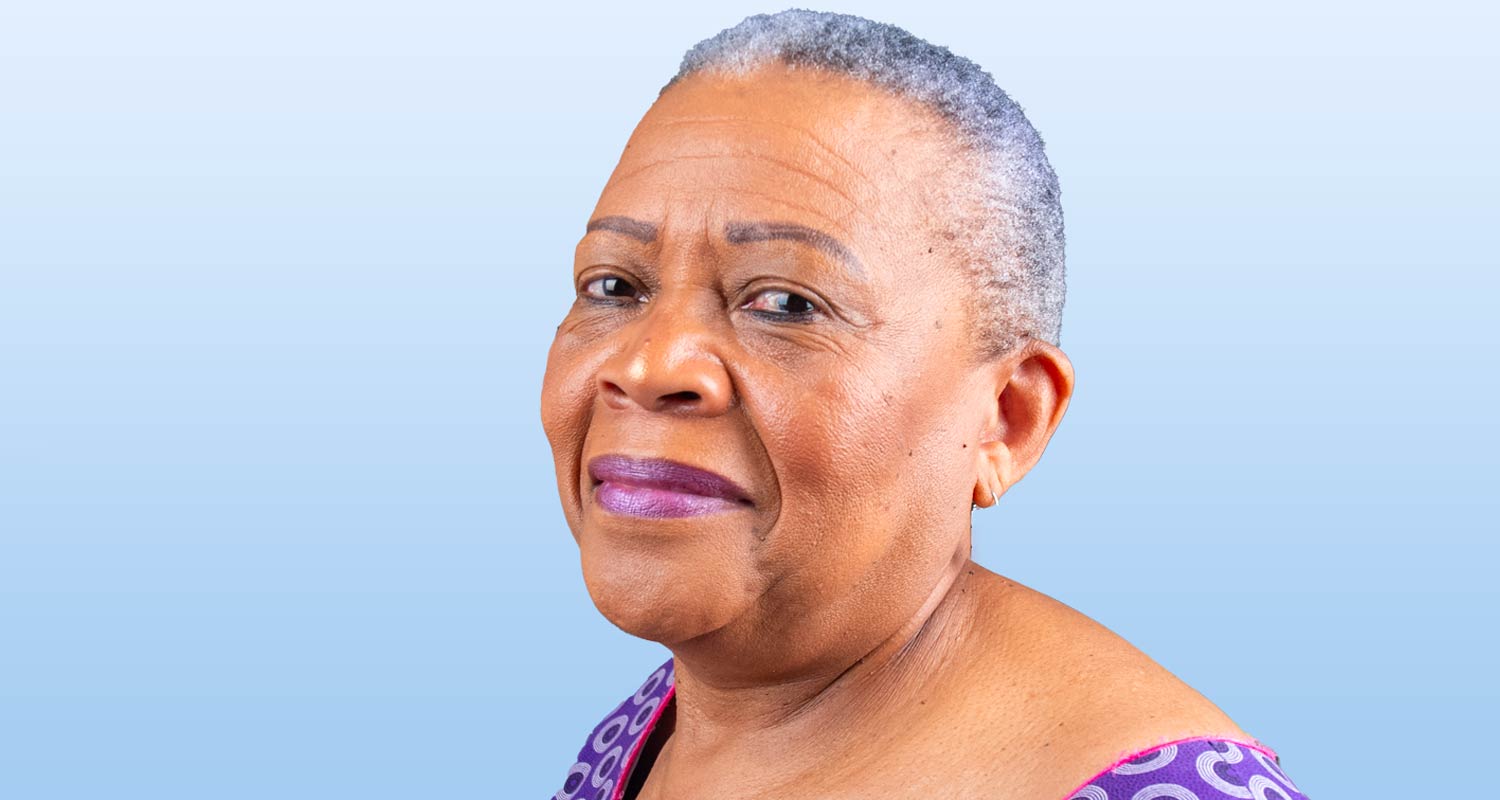
The growth of misinformation tools, including AI-generated deepfakes, is forcing the Electoral Commission of South Africa (IEC), the Information Regulator and other organisations to cooperate with one another to assure the integrity of the upcoming election, regarded by many as the most important poll since 1994.
Deepfakes, produced using generative AI, continue to proliferate on the internet, enhancing the ability to engineer inauthentic content using the images and voices of prominent individuals who have sway with the public.
The worry is these tools, and other forms of misinformation, could be used to manipulate people’s voting intentions, potentially affecting the outcome of the election.
The Information Regulator and the IEC have formed a partnership to curb the spread of misinformation and disinformation in the run-up to the election. The agreement between the parties draws on engagements with other stakeholders, including Meta Platforms (parent of Facebook) and China’s TikTok, as well the media watchdog Media Monitoring Africa.
“We are concerned about the phenomena of misinformation and disinformation because these impede the free flow of credible, reliable and accurate information necessary for the electorate to make their choices during the elections,” said Information Regulator chair Pansy Tlakula.
Tlakula, who was addressing a webinar on Monday, said it is important to develop proactive plans to combat disinformation – and not rely on the reactive methodologies employed by most platforms.
‘Negative use’
She made reference to Taylor Swift deepfakes that made the rounds on X over the weekend. One AI-generated video, which depicted the pop star in a sexually explicit manner, was eventually taken down by platform moderators. “We know that X has blocked and deleted the content, but digital platforms can usually only deal with these issues after the fact,” said Tlakula.
One of the pre-emptive initiatives the Information Regulator believes is important in the fight against misinformation is educating the public about the dangers of online content and ensuring the availability of accurate and reliable information through various channels including social media.
IEC chief electoral officer Sy Mamabolo said: “Social media provides an avenue for information sharing and public education, but it also holds the possibility for negative use, which could harm the integrity of the electoral process.”
Read: Moves afoot to fight fake news ahead of 2024 poll
The IEC already signed a “framework of cooperation” agreement with Facebook, TikTok and Google in July 2023, under which it has set up an independent three-member committee to evaluate any reported cases of misinformation on social media platforms.
Depending on the committee’s findings, it will make recommendations to the IEC, which can then ask the offending platform either to de-rank the malicious content or take it down. “The agreement is not legally binding, but it does help facilitate a harmonious relationship between the IEC and social media companies,” said Mamabolo. But one of the largest social media platforms, X – formerly Twitter – is not party to the agreement.

Social media platforms are not the only platforms where misinformation is being spread. According to Media Monitoring Africa’s Nomshado Lubisi-Nkosikulu, newsrooms are also under threat.
“The importance of fact-checking is more pertinent than it has ever been,” she said. “But the content has become so sophisticated that it’s difficult for fact-checkers to differentiate the real from the fake.”
Deepfake content’s ability to fool even a seasoned eye is one of Media Monitoring Africa’s motivations for a collaborative approach between media stakeholders. Also important, said Lubisi-Nkosikulu, are reliable repositories for authentic information that can be used for fact-checking. Padre, an MMA initiative, is one such repository. Members of the public can go to the Padre website and view all the electoral campaign content released by various parties in one place.
“The advertisements on Padre are loaded by political parties. Voters can compare what they have seen on social media to Padre to see if the campaign material has been tampered with,” said Lubisi-Nkosikulu. – © 2024 NewsCentral Media

